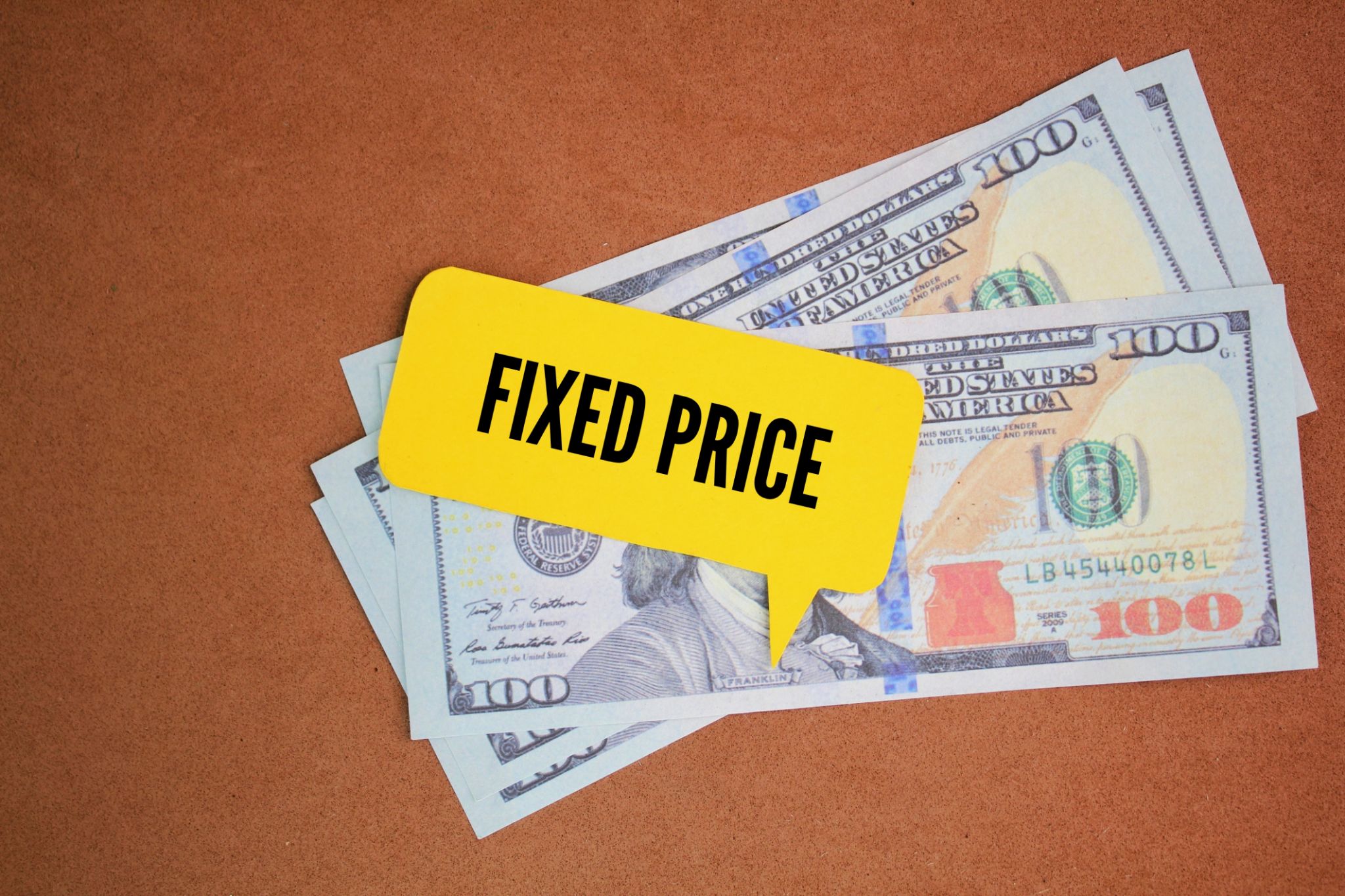How Fixed Price Accounting Can Benefit Your Small Business
Understanding Fixed Price Accounting
As a small business owner, managing finances efficiently is crucial for sustaining growth and profitability. One accounting method gaining popularity among small businesses is fixed price accounting. This approach allows businesses to pay a predetermined fee for accounting services, providing numerous benefits compared to traditional hourly billing methods.
Fixed price accounting involves an agreement between a business and an accounting firm to provide specific services for a set fee. This model offers predictability in accounting costs, making it easier for businesses to budget and plan their financial strategies effectively.

Benefits of Fixed Price Accounting
One of the most significant advantages of fixed price accounting is cost predictability. Knowing your accounting expenses upfront allows you to allocate resources without worrying about unexpected fees. This stability can be particularly beneficial for small businesses with tight budgets.
Another benefit is the enhancement of business planning and strategy. With clear, predictable accounting fees, you can focus more on strategic growth initiatives rather than constantly managing fluctuating expenses. This clarity helps in making informed decisions that can drive your business forward.
Increased Efficiency
Fixed price accounting can also lead to increased efficiency in your business operations. By eliminating the need to track billable hours, both you and your accountants can concentrate on more critical tasks. This streamlined process often results in better quality service, as accountants are less focused on the clock and more on delivering value.

Improved Cash Flow Management
Effective cash flow management is vital for any small business. Fixed price accounting aids in this by providing consistent, predictable monthly expenses. This consistency allows you to manage your cash flow more effectively, ensuring that funds are available when needed for other operational expenses.
Moreover, by avoiding surprises in accounting fees, you can maintain a healthier cash reserve. This financial cushion can be vital for navigating unexpected challenges or investing in new opportunities.
Building Stronger Relationships with Accountants
Fixed price accounting encourages the development of stronger relationships between businesses and their accountants. With this model, accountants are motivated to provide continuous support and insights rather than merely tracking hours. This collaboration can lead to a deeper understanding of your business needs and more personalized financial advice.

Conclusion
In conclusion, fixed price accounting offers numerous advantages for small businesses, including cost predictability, enhanced planning, increased efficiency, improved cash flow management, and stronger relationships with accountants. By adopting this model, you can focus more on growing your business while enjoying peace of mind regarding your accounting expenses.
Consider discussing fixed price accounting with your current or prospective accountant to explore how it could benefit your business specifically. Making the switch could be a strategic move towards more efficient and effective financial management.